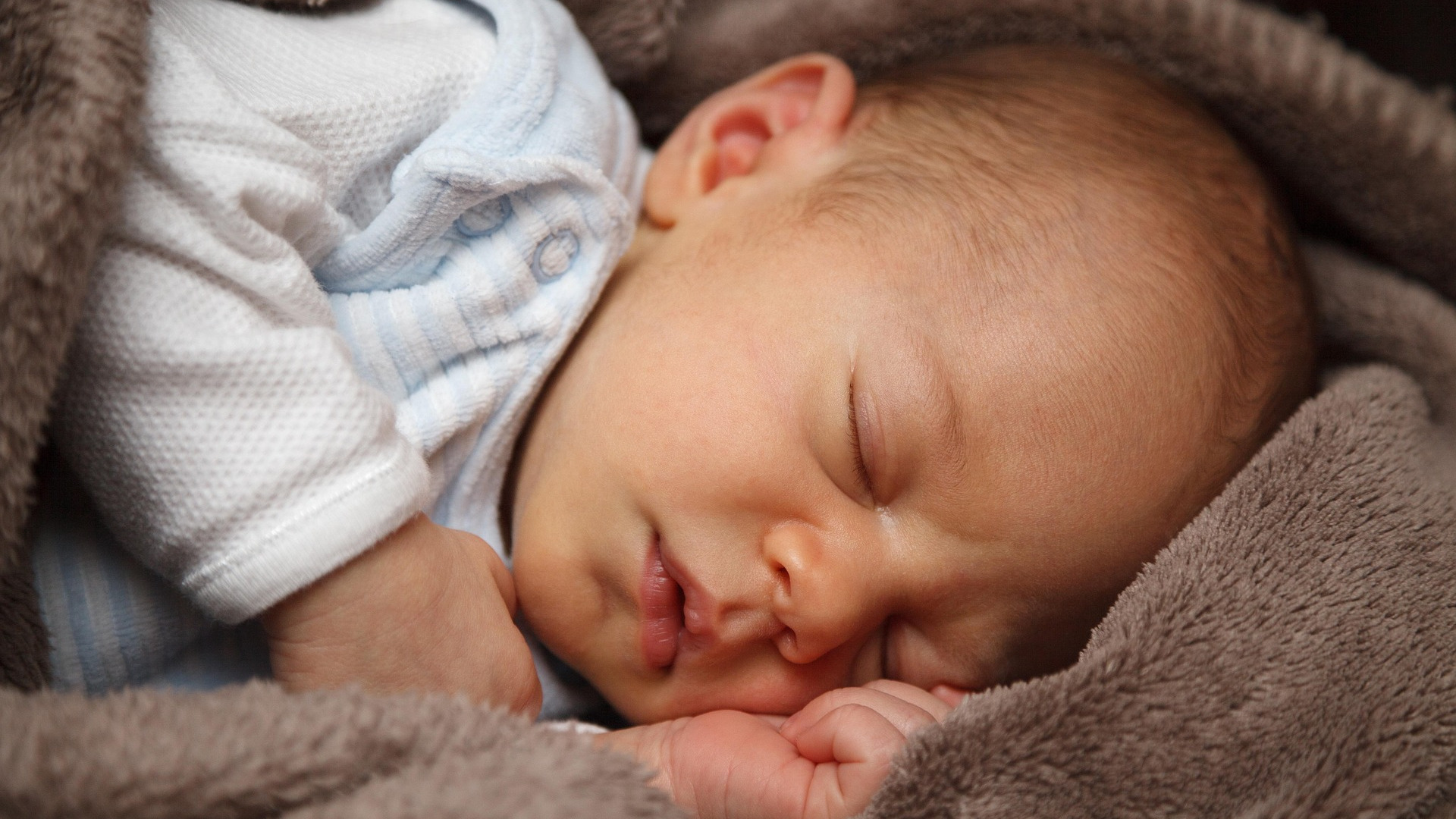Baby Shots: Remedies to Reduce Children's Discomfort
Vaccinations, or immunizations, protect babies from serious diseases by triggering the immune system to develop antibodies. By administering a small, safe dose of a virus or bacteria, the body learns to fight off these infections before they cause harm.
Why Are Baby Shots Important?
Vaccines cannot prevent all illnesses, but they can protect against life-threatening diseases such as:
- Diphtheria
- Pertussis (Whooping Cough)
- Measles, Mumps, and Rubella (MMR)
- Influenza (Flu)
- Polio
- Tetanus
- Hepatitis A and B
- Chickenpox
- Rotavirus
- Pneumococcal Disease
Are Vaccines Required?
In many places, immunizations are required by law for children to attend public schools. Exceptions are made in cases of severe allergic reactions or for religious beliefs.
Some parents wonder if vaccines are necessary, especially since breastfeeding provides temporary immunity against common infections. However, breastfeeding does not protect against vaccine-preventable diseases, making vaccinations the best defense.
Are Vaccines Safe?
Vaccines undergo rigorous testing before approval and are continuously monitored for safety. While mild side effects can occur, serious reactions are extremely rare. The benefits of vaccination far outweigh the risks of contracting dangerous illnesses.
Common Side Effects of Vaccines
- Mild fever
- Soreness or swelling at the injection site
- Crankiness or fussiness
These reactions are temporary and typically resolve within a day or two.
Severe Reactions (Rare)
Seek immediate medical attention if your child experiences:
- A fever over 105°F
- Lethargy or unresponsiveness
- Seizures or convulsions
How to Make Vaccinations Easier
- Plan shots during a relaxed time of day when your baby is well-rested and fed.
- Dress your baby in loose, comfortable clothing to make access to injection sites easier.
- Feed or cuddle your baby immediately after to provide reassurance and comfort.
- Stay calm – babies can sense a parent’s anxiety, so keeping a relaxed attitude helps them feel at ease.
When to Call the Doctor
While most babies recover quickly from immunizations, contact your pediatrician if:
- The injection site becomes red, swollen, or warm and worsens over time
- Your baby cries excessively (over three hours) and is inconsolable
- A fever persists for more than 48 hours
Home Remedies for Baby Shots
Vaccines are essential to your child’s health and development. By staying informed and prepared, you can ensure your baby gets the protection they need while making the experience as stress-free as possible.
WARNING: Avoid giving aspirin to children, as it has been linked to Reye’s syndrome, a rare but serious condition in children.
Comfort, Reduce Pain, and Reassure Babies
Getting vaccines can be stressful for both babies and parents. Staying calm and reassuring will help your child feel safe and secure. Here are some ways to ease the experience:
- Hold your baby close while shots are given to provide comfort.
- Offer sugar water (for infants under six months) to help distract from the pain.
- Sing, talk, or make gentle shushing sounds to soothe your baby.
Pain Relief at Home
Most babies experience mild discomfort after vaccinations. These simple remedies can help ease pain and reduce fussiness:
- Cold compress: Apply a cool, damp washcloth to the injection site to reduce swelling and ease soreness.
- Tepid bath: A lukewarm bath can calm the baby and help bring down a mild fever.
- Gentle massage: Lightly rubbing the injection site can improve circulation and lessen pain.
Over-the-Counter (OTC) Remedies
Some pediatricians recommend pain relievers to reduce fever and soreness. Always check with your doctor before giving any medication.
- Acetaminophen (Tylenol): Safe for babies over two months old.
- Ibuprofen (Motrin, Advil): Safe for babies over six months.
WARNING: Avoid giving aspirin, as it has been linked to Reye’s syndrome, a rare but serious condition in children.



